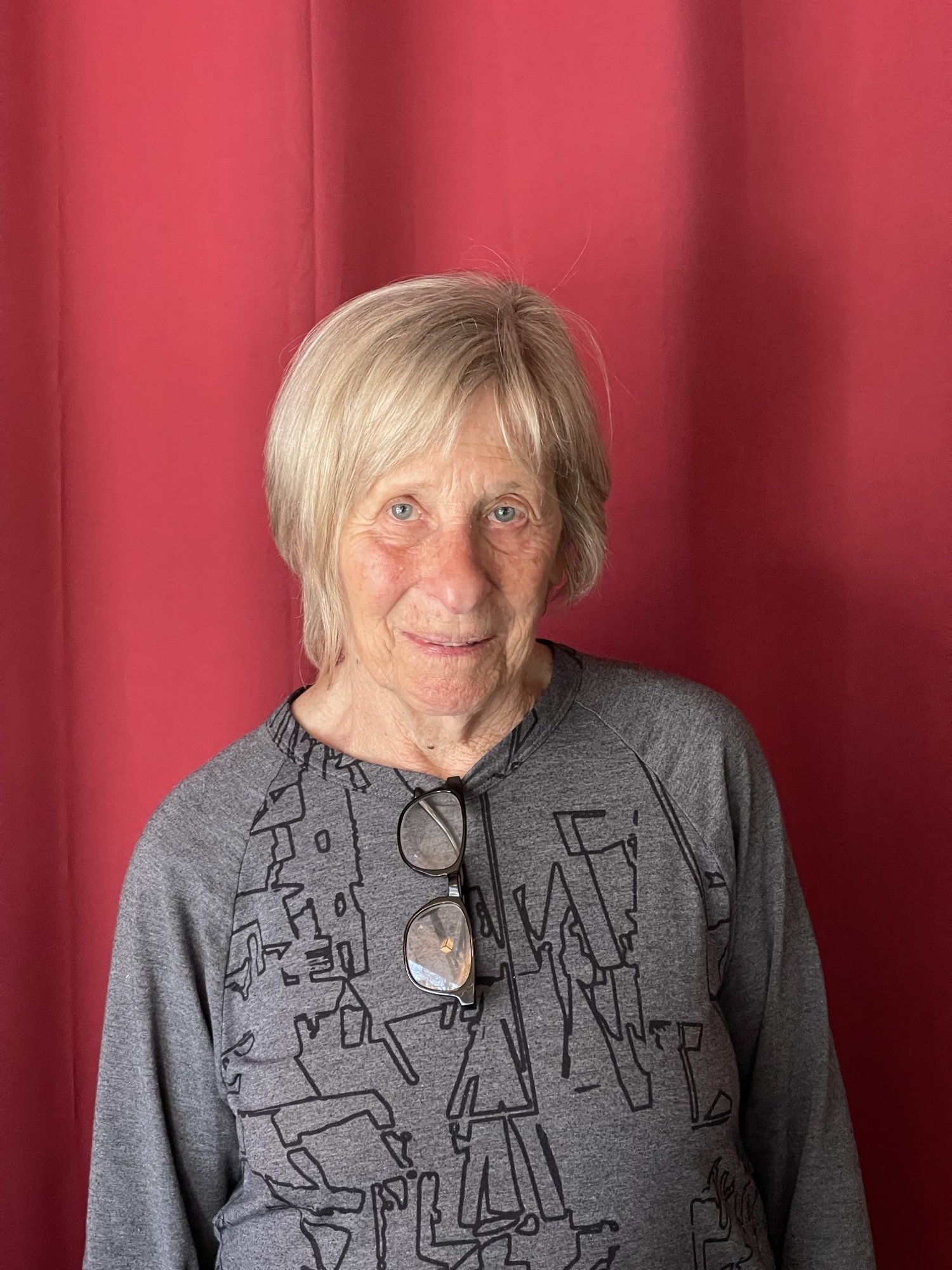Andy Epstein
Andy Epstein
Interviewed on June 12, 2023 in person
Recorded by Galya Walt and Corinne Beaugard
Listen to selected excerpts of the interview: coming soon
Summary: Andy is a nurse and public health professional who began working at the Massachusetts Department of Public Health as the Director of Health Services for people living with HIV/AIDS in 1989. While at the DPH, Andy asked David Mulligan, commissioner of Director of Substance Abuse Services, to support syringe access programs. He agreed, and they visited New York City and Baltimore to learn from legal programs and explore the possibility of needle exchange in Massachusetts. With information from these sanctioned exchanges and local underground exchanges, the DPH expanded street outreach and implemented exchange vans that held hours in different neighborhoods. They received approval for a one-year pilot to test an exchange. Andy worked with her colleague Trish Case to evaluate to the program’s effectiveness to the state.
Andy believed Massachusetts’ institutions were instrumental to their success. She advocated for state and city level policy through her close professional relationships with Commissioners of Public Health David Mulligan and John Auerbach and support of Raymond Flynn, the Mayor of Boston. Andy and David traveled around the state and met with stakeholders including health centers and police departments to advocate for the integration of harm reduction.
Over her time in in this work, Andy served as a special assistant to the commissioner both at the Boston Public Health Commission and the Massachusetts Department of Public Health as well as continuing to work clinically as a nurse at Boston City Hospital and Cambridge Hospital. Andy described how neighborhoods responded differently. She recalled, for example, that the fire department in Revere requested a pay raise in order to administer naloxone, and the stigma in Charlestown meant they needed to park the van in a particularly obscure location.
Andy realized how important it was to hire people with lived experience to work in the public health department- the CORI requirements made this impossible. She brought this issue to John Auerbach who reached out to the lawyer Howard Saxner, who wrote in support to eliminate the CORI requirement. They successfully overturned this requirement, demonstrating how collaboration between multiple levels of stakeholders led to meaningful change. She made a point to always make sure her staff at the public health department regularly visited and witnessed ongoing harm reduction efforts on the ground in the van and community health centers to continue to bridge these groups.
Is this your interview? Leave updates or reflections on your experience with harm reduction, your interview, or your listening experience.
